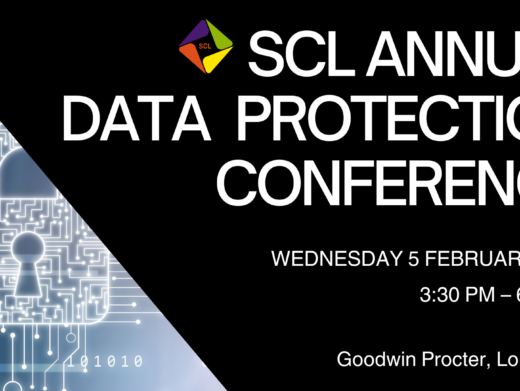I have been overwhelmed by a deluge of articles for the magazine, not all of which are on yet on the site, that range from the very good to the just plain brilliant so I have not commented on:
• what I see as the Court of Appeal’s outdated {refusal to grapple with judgments on BAILII: http://www.bailii.org/ew/cases/EWCA/Civ/2011/17.html} (it’s complicated and I may well come back to it),
• the rating of Norton Rose as {tenth best top 50 firm on Twitter: http://thetimeblawg.com/2011/01/23/law-firm-twitteratigate-the-whole-story/} despite never having tweeted (not {i}quite{/i} as daft as it seems),
• the overwhelming complexity of the {ICO crime mapping advice: http://www.ico.gov.uk/~/media/documents/library/Data_Protection/Detailed_specialist_guides/crime_mapping_advice.ashx} (which convinces me that posting any crime-related information is probably going to result in a DP breach – and I am the only person I know who thought it was a good thing in principle), or even
• the documentary {i}Erasing David{/i} (one man’s battle to prove that nobody is invisible in a data rich surveillance society, especially while wearing a hi-vis jacket).
But once I had overcome a speechless period of admiration at the chutzpah of the DCMS and the Deputy Prime Minister, I had to comment on the revelation that Ofcom are to review the question of whether the provisions of the Digital Economy Act 2010 that provide reserve powers to enable courts to block websites dedicated to copyright infringement could work. As Jeremy Hunt says, ‘Before we consider introducing site-blocking we need to know whether these measures are possible’.
Mr Hunt seems to me to have got mixed up. It is true that the powers do require an SI to have full force but they were introduced into law by the Act. The time to consider whether powers are workable is before they are included in an Act of Parliament. The legion of powers available to government that are left lying on the statute book because they are not really workable is a sad indictment of our legislature. But we are not even concerned in this case with a complex issue that can only really be tested by a pilot scheme and which may fail on the ground. The pros and cons here were known at the time of the Second Reading debate of the Bill. Neither Mr Clegg nor Mr Hunt bear the major blame for wash-up process and the excessively speedy processing of the Bill through the Commons but they didn’t have to participate or allow so much of it through in that process.
Guess what? When you fail to engage in sensible debate but just deal your way through the legislative process, you end up with defective legislation. Who’d have thought it?




